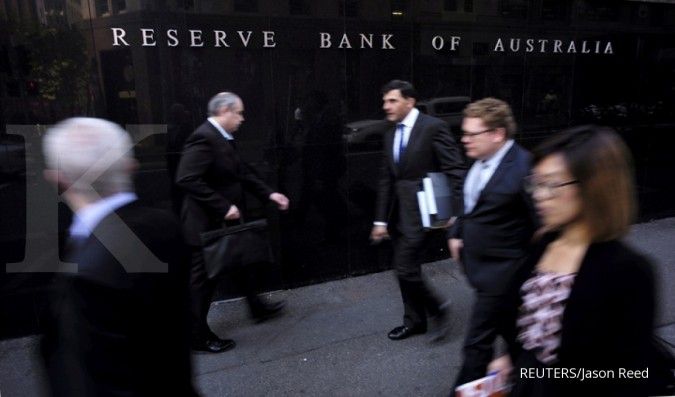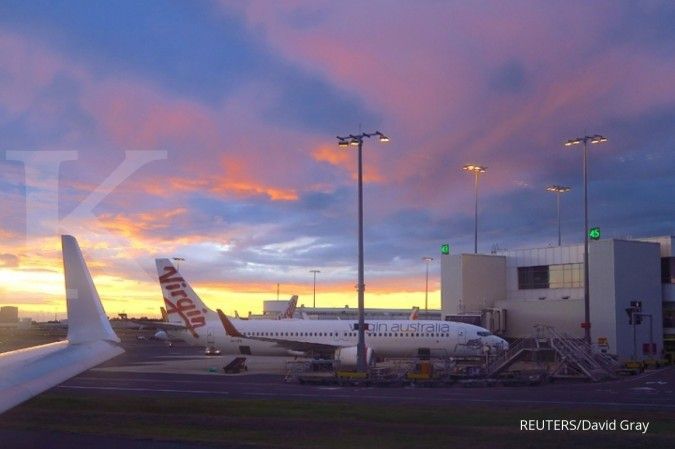AUSTRALIA - SYDNEY. Australia's industrial relations umpire on Thursday raised the national minimum wage by 3% from July 1, a smaller pay rise than the 3.5% increase enjoyed by workers last year, reflecting a weakening economy and cooling inflation.
The pay hike, which is above the industry rate of 2.3%, will, however, be welcomed by the Reserve Bank of Australia (RBA), which believes annual wage increases of 3% and higher are needed to achieve average inflation of 2.5%, the mid-point of its target band.
The new national minimum wage will now be A$740.80 ($512.86) per week, a weekly increase of A$21.60 while the hourly rate will climb to A$19.49, said Justice Iain Ross, president of the Fair Work Commission (FWC).
The annual review is conducted by a panel of experts who set the minimum pay every financial year. The proportion of all employees that are paid at the adult minimum wage rate is estimated to be 1.7%, or around 180,200.
The FWC has also decided to increase all modern "award" wages, the minimum pay rates set for specific industries, by 3%. Award employment contracts cover about 2.2 million employees, or 21%, of Australia's workforce.
"We have decided to award a lower increase this year than that awarded last year having regard to the changes in the economic environment," he said.
Australia's A$1.9 trillion economy slowed sharply in the second half of last year and early indicators suggest the weaker momentum extended into 2019. The unemployment rate is at an eight-month high of 5.2% while headline inflation is notably weak at 1.3%.
"We are satisfied that the level of increase we have decided upon will not lead to any adverse inflationary outcome nor will it have any measurable negative impact on employment," Ross added.
Economists say the pay boost will have a limited effect on the industry-wide wage growth though it will provide some support to household income and spending.
"We still expect the RBA to cut rates twice this year led by the weaker trajectory for the economy and an expectation for a further moderation in the labour market," said RBC economist Su-lin Ong.
An overwhelming majority of economists forecast the RBA to lower its cash rate to an all-time low of 1.25% at its monthly policy meeting next week.
Union groups welcomed Thursday's announcement calling the 3% increase a "step in the right direction" but said more is needed to help alleviate some workers out of poverty.
"We have a long way to go to ensure that the minimum wage is enough for workers to live on and support their families," Australian Council of Trade Unions Assistant Secretary Liam O'Brien said.
"No one in Australia should be living in poverty while working full time."
/2018/09/25/509098108.jpg)











